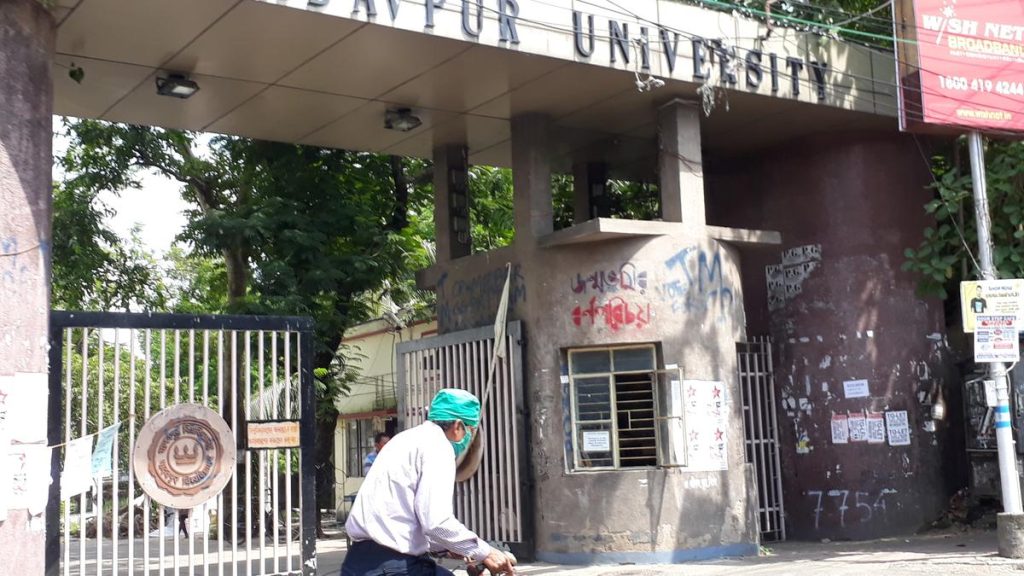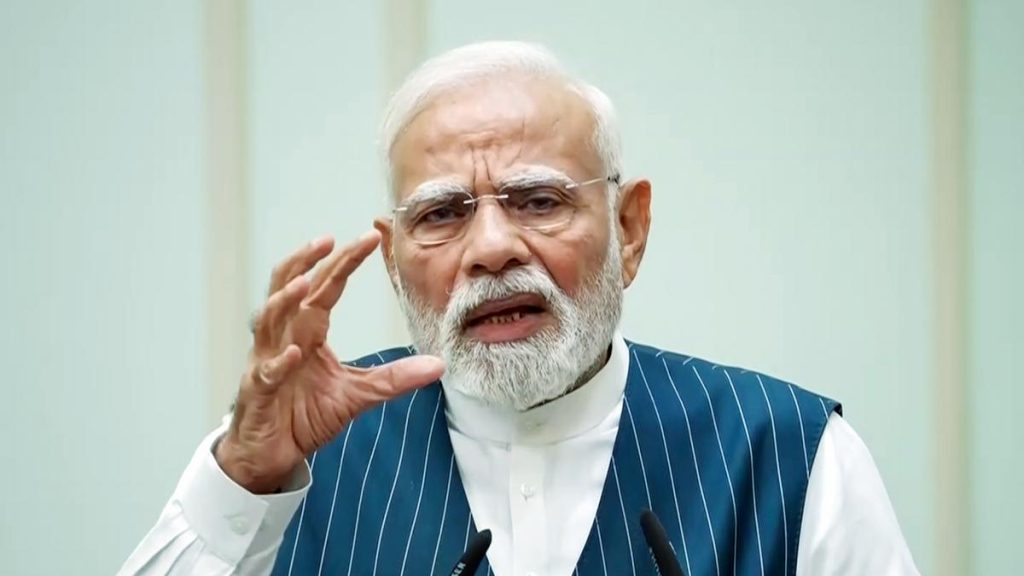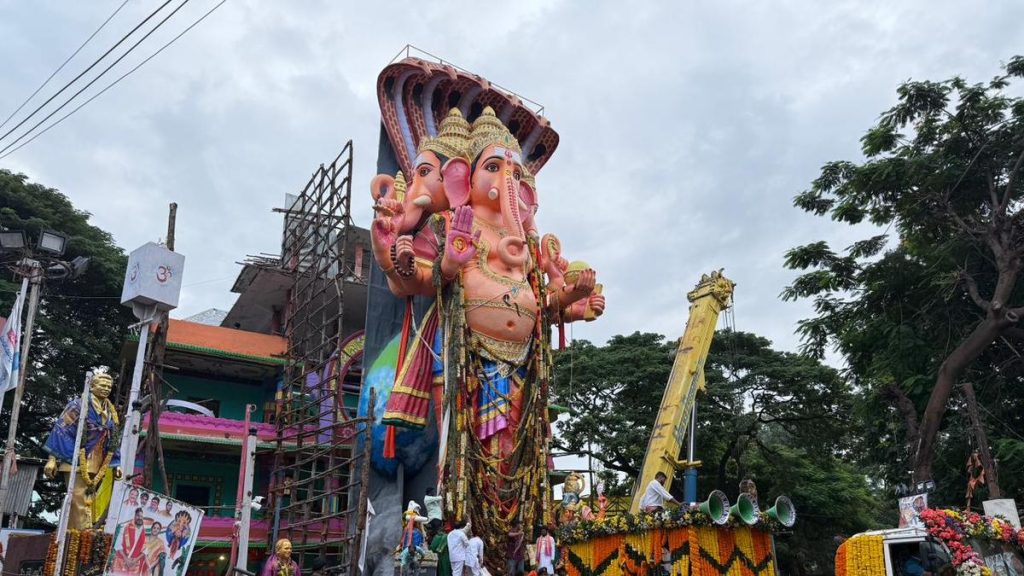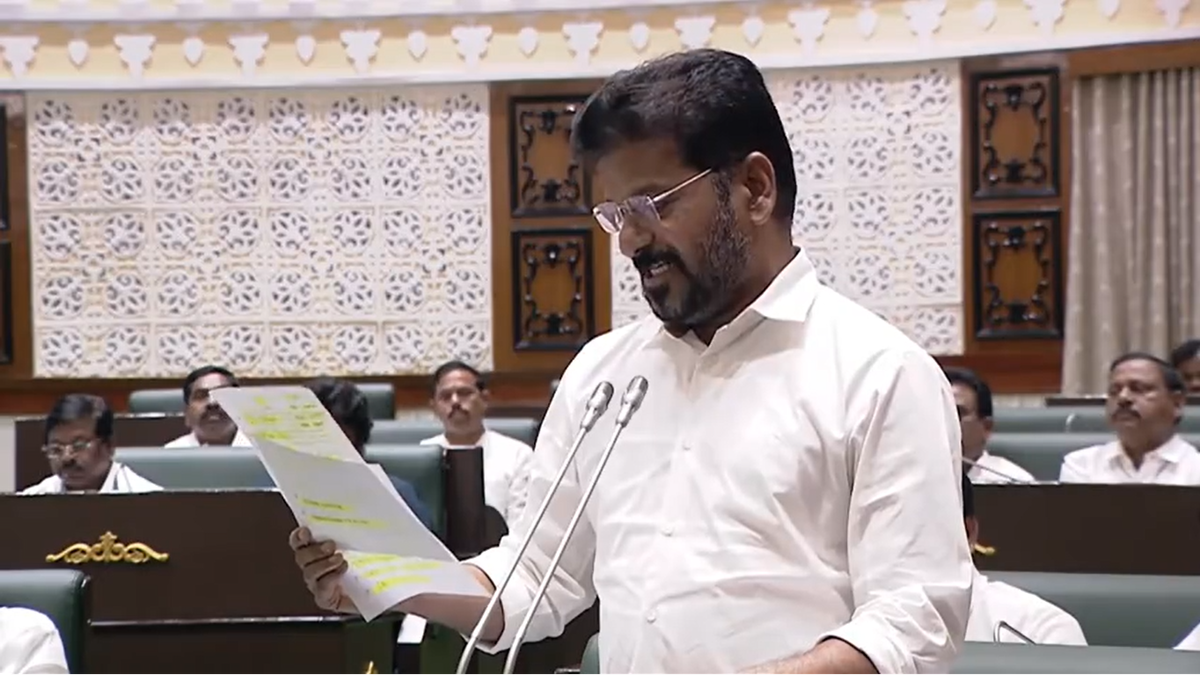Now Reading: 50 Years Ago: Work Permits Proposed to Curb Begging in Bombay
-
01
50 Years Ago: Work Permits Proposed to Curb Begging in Bombay
50 Years Ago: Work Permits Proposed to Curb Begging in Bombay

Swift Summary
- A Maharashtra Government-appointed study panel has recommended measures to combat begging in Bombay.
- One suggestion includes introducing a work-permit system for new entrants to the city, aimed at controlling the unchecked influx of outsiders (around 300 families or 1,500 persons daily).
- Beggars are classified into three categories: ‘casual,’ ‘professional,’ and ‘diseased.’
- Proposed measures include relief initiatives, deterrent punishment, treatment for diseased beggars, and tackling begging through uniform Central legislation and a State-level action committee.
- The panel advocates levying a surcharge of five paise on BEST bus tickets priced over 25 paise; funds from this would go to a proposed Central fund to address social and economic issues tied to begging.
- The report highlights that daily influx strains city infrastructure,amplifying air and water pollution issues causing health problems like bronchitis,skin diseases,etc.
Indian Opinion Analysis
The study panel’s recommendations highlight considerable social challenges linked with urban migration into Bombay.While the suggested work-permit system reflects an attempt at managing this influx systematically, its adoption might provoke debates around inclusivity versus regulation. Proposals such as creating centralized funds and committees underscore the need for coordinated policy solutions to tackle underlying socioeconomic factors driving begging. Additionally, health concerns stemming from overcrowding spotlight larger urban planning deficiencies. Implementing such policies effectively will require careful balancing of humanitarian needs with governance objectives.























